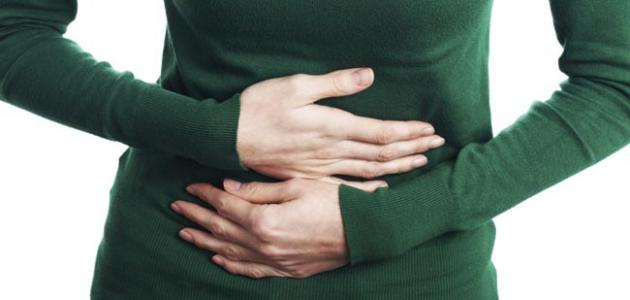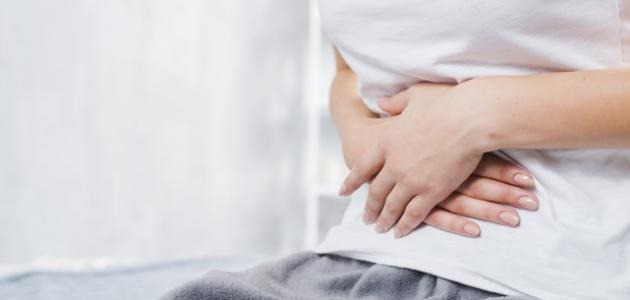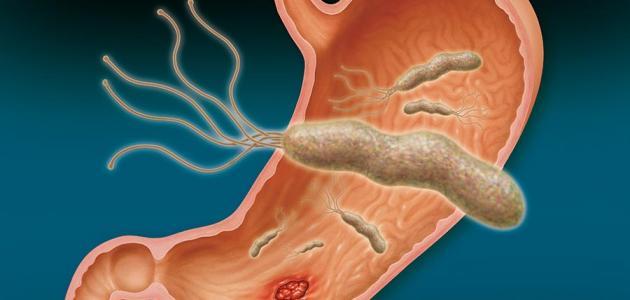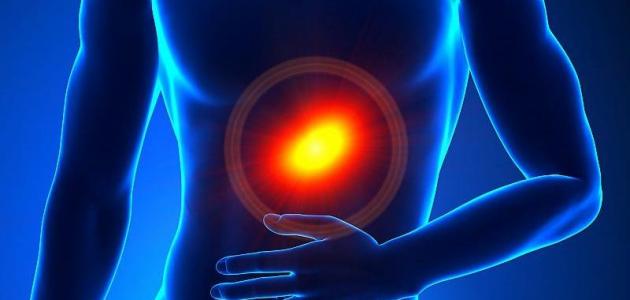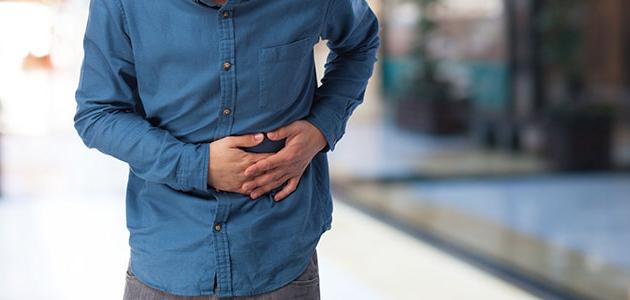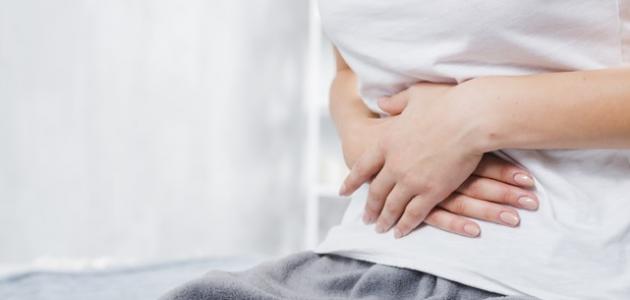Abdominal gas
It is normal to expel gases from the body between 13-21 times a day, but some conditions such as diarrhea, constipation, and other health problems may lead to the accumulation of gases inside the abdomen, which leads to suffering from several annoying symptoms such as; Acute pain, cramps, and bloating. In fact, the pain resulting from accumulated gases in the abdomen may in some cases resemble the pain resulting from appendicitis, gallstones, or sometimes even heart disease. The doctor can diagnose the underlying cause of this problem by relying on The affected person's health history, eating habits, and other symptoms he suffers from, in addition to some other diagnostic tests.
How to expel stomach gas
home remedies
There are a set of preventive and therapeutic tips and measures that help alleviate the problem of gas accumulation in the abdomen and its accompanying symptoms. The following is a description of some of them:
- Practice healthy eating habits: Such as limiting consumption of soft drinks, chewing gum, eating slowly, and avoiding walking while eating, in addition to the necessity of drinking sufficient amounts of water daily to avoid constipation.
- Quit Smoking: Smoking increases the risk of many diseases and health problems, in addition to the role of smoking in increasing the rate of air entering the digestive system and increasing the formation of gases.
- Use of herbs: There are several ways to alleviate the problem of gas using herbs, including drinking herbal tea such as: Anise, chamomile, ginger, and mint, in addition to taking nutritional supplements that contain peppermint oil because of its benefits in alleviating flatulence, constipation, and gas accumulation, and taking clove oil after food; This oil increases digestive enzymes.
- Abdominal warmer: Applying warm compresses to the abdominal area helps relax the intestinal muscles, which in turn facilitates the exit of gases from the abdomen, in addition to its role in alleviating the pain associated with abdominal bloating.
- Treating digestive problems: Some diseases that affect the digestive system lead to an increase in the rate of gas formation in the abdomen, such as: Irritable bowel syndrome, inflammatory bowel disease, and lactose intolerance.
- Use of apple cider vinegar: Drinking a cup of water with a tablespoon of apple cider vinegar added to it helps increase the production of stomach acids and digestive enzymes, which reduces the pain of stuck gases in the abdomen and bloating.
- Doing exercise: Light exercise, such as: Walking and yoga help relax the intestinal muscles, which facilitates the movement of gases through the digestive system and their exit from the body. In addition, exercising regularly reduces the possibility of constipation, which increases the problem of gases accumulating in the abdomen.
- Avoid eating certain foods: There are many foods known to cause increased accumulation of gas in the abdomen. The problem of gas accumulation in the abdomen can be avoided by avoiding these foods or reducing their intake and eating foods that do not cause this problem instead. These foods include the following:
- Artificial sweeteners such as; Aspartame (in English: Aspartame), and sorbitol (in English: Sorbitol).
- Some types of vegetables such as; Broccoli, cabbage, and cauliflower.
- Dairy products.
- Beverages and nutritional supplements containing fiber, in addition to natural sources containing fiber such as; Whole wheat grains, bran, and some types of fruits and vegetables.
- Fried foods and high-fat foods.
- Garlic and onions.
- Legumes such as; Lentils and beans.
- peach;
- Hot or spicy foods.
Read also:hemorrhoids disease
pharmacological treatments
If home or natural treatment methods do not succeed in getting rid of the problem of gas accumulation in the abdomen, you can resort to taking some types of medications, including the following:
- Activated charcoal: Activated charcoal tablets help prevent the accumulation of gases in the abdomen. Activated charcoal tablets can be taken before or after food. It should be noted that noticing that the color of the stool changes to black after taking activated charcoal tablets is a normal matter and does not cause concern. .
- Probiotics: Probiotics, which contain some strains of beneficial bacteria, help increase the numbers of these bacteria in the intestines, which may relieve bloating, gas, and abdominal pain.
- Alpha-galactosidase: (English: Alpha-galactosidase) Taking nutritional supplements that contain this enzyme helps digest carbohydrates found in beans, peas, and other types of vegetables, which contributes to reducing the rate of gas formation in the abdomen.
- Lactase supplements: Taking these supplements by people with lactose intolerance helps digest the lactose sugar found in dairy products.
- Simethicone: Simethicone helps break up gas bubbles, which facilitates the movement of gases and their exit through the digestive tract outside the body.
Read also:Hernia causes
Treatment of stomach gas in infants
Many infants suffer from the problem of gas accumulation and bloating, and some signs indicate this, including: Burping, flatulence, crying, flatulence, and abdominal stiffness. In fact, this problem can be alleviated by following a few steps, including: Make sure to place the baby’s head in a proper position higher than the stomach during breastfeeding, make sure to help the baby burp during and after finishing breastfeeding, and help the baby to expel gases from the abdomen by massaging the body, moving the legs, giving the baby a warm bath, and letting the baby sleep for a while on the stomach. His stomach while monitoring him.
Treating abdominal gas in pregnant women
An increase in the amount of abdominal gas during pregnancy is a normal and common occurrence, and there are a number of safe home solutions that can be followed to alleviate this problem, such as: Obtain sufficient amounts of fluids, and practice appropriate exercise for pregnant women, such as walking on a regular basis in order to avoid constipation and improve the digestive process, and try to avoid eating foods that increase the formation of gases in the abdomen, and eat dietary fiber to help soften the stool and facilitate its passage through the digestive system, and avoid exposure to stress. And anxiety because they have an effect on increasing air swallowing and increasing the rate of gas formation in the abdomen.
Read also:Hernia classification
